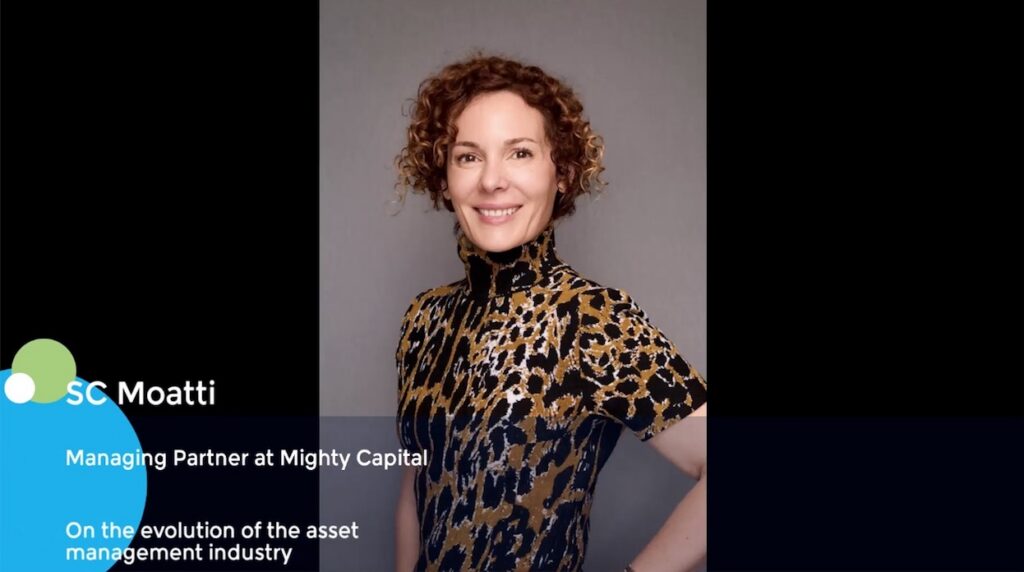Carlos Mendez, Co-Founder and Managing Partner of Crayhill Capital Management, on trends in SRT
In an engaging fireside chat, Carlos Mendez, Co-Founder and Managing Partner of Crayhill Capital Management, shared his insights on Synthetic Risk Transfer (SRT), a growing trend in the financial industry. With over 10 years of experience in asset-based finance, Carlos delved into the world of SRT, its evolution, and its potential for growth.
Key Takeaways:
- SRT Definition: Synthetic Risk Transfer is a method of shifting risk from a portfolio of assets synthetically from a bank to another capital provider, typically through a credit-linked note.
- Market Size: The European SRT market is well-established, with a total capital of around $200 billion. The US market is expected to grow, with estimates ranging from $250 billion to $350 billion.
- Regulatory Environment: The Basel Accords, specifically 3.1, are driving the growth of SRT, as banks need to optimize regulatory capital against performing assets.
- Deal Flow: Crayhill Capital Management has a full pipeline of deals, with 15-20 discussions ongoing, but the majority are waiting for regulatory clarity.
- Talent Acquisition: Carlos emphasized the importance of experience and regulatory know-how in the SRT space, highlighting the difficulty in finding talent.
- Independent Operator: Carlos believes that being an independent operator allows for better alignment of interests, focus, and compensation, which leads to better outcomes for investors.
Key timestamps:
00:09.12 Introduction to the Fireside Chats
02:28.18 Understanding Synthetic Risk Transfer (SRT)
05:17.23 Market Size and Development in Europe vs. US
09:09.21 Evolution of Banks and Non-Banks
11:19.16 Investor Concerns and Market Dynamics
13:07.80 Deal Flow and Investment Strategy
17:39.37 Talent Acquisition and Market Knowledge
20:07.91 Advantages of Independence in Asset Management
22:18.73 The Significance of the Crayhill Brand
24:06.65 Investment Strategies and Asset Allocation











